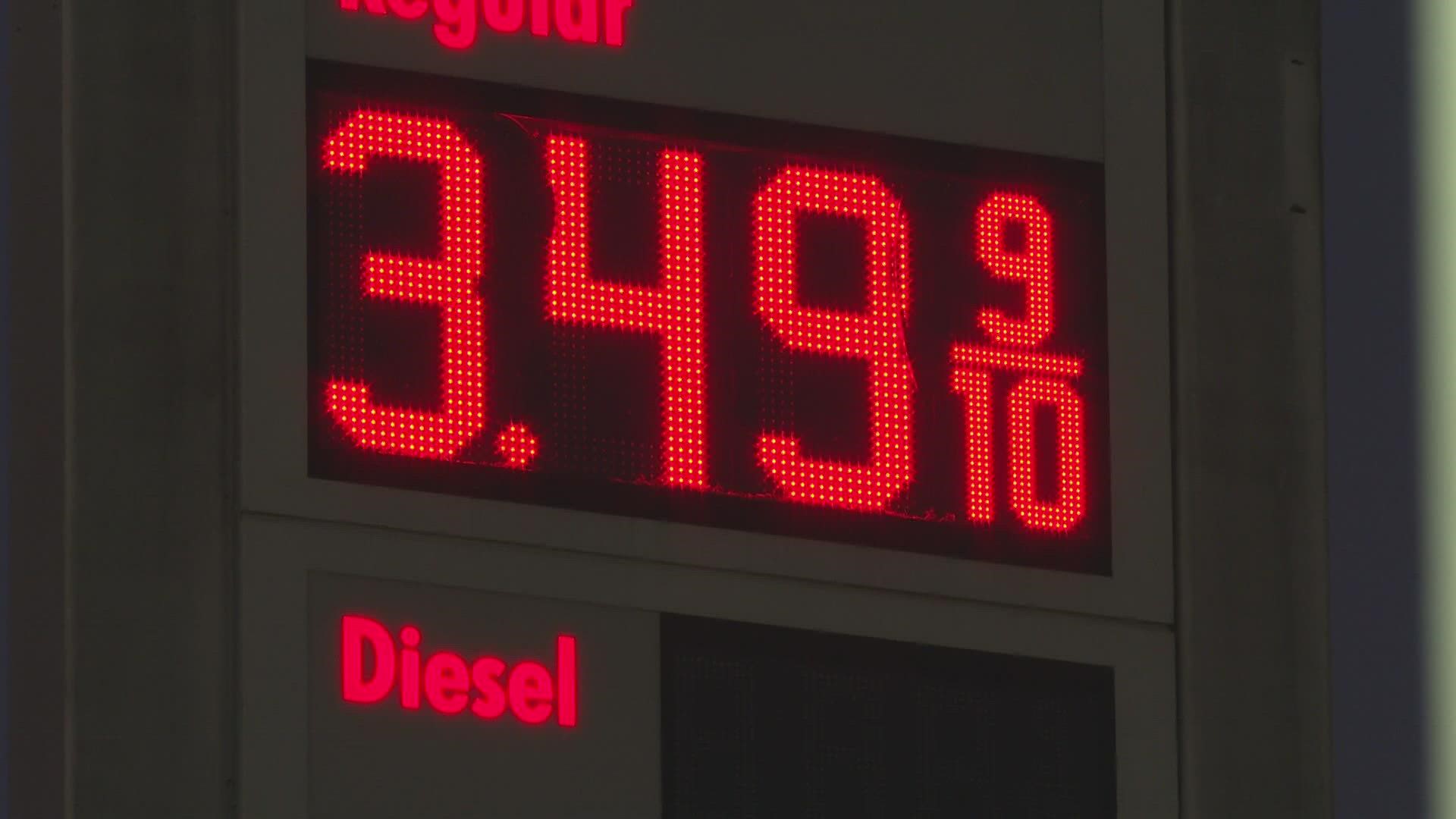GREENSBORO, N.C. — Gas prices are spiking across the Triad, some stations saw a 30 cent increase in just one day.
The jump has drivers frustrated about paying more.
"Usually probably 250 a week," one driver said.
"It's getting out of control a little bit," another driver said.
Prices at some stations around Greensboro saw a big jump. On Tuesday, it was $3.19 a gallon, by Wednesday it jumped to $3.49.
North Carolina A&T Economics Professor Scott Simkins blames the hike on OPEC+, an alliance of oil exporting countries. It plans to cut 2 million barrels of oil a day starting in November.
"It's about 2 percent of world oil production we're not talking about 40% or something but nonetheless it has the potential to have significant effects on oil and gasoline prices," Simkins said.
This move comes as gas prices spiked over the summer and have gone down in recent weeks. The group says they made the decision because of uncertainty surrounding the economic and oil markets.
"If there's a further slow down in the world economy there's potential for a recession because of inflation and fighting inflation around the world with higher interest rates, then it's likely that oil prices would have fallen even further so they're trying to counteract some of that," Simkins said.
The White House says the decision is a sign that OPEC+ is aligning with Russia. The country faces a European ban on most of its oil.
"Russia is part of the OPEC plus group so there's a question politically whether this was also about helping prop up revenues," Simkins said.
Simkins says not only could gas prices go higher but the move could have a domino effect on the global economy.
"What effect does this have in this case on inflation in the world economy that's already experiencing high inflation, and then what's the response to high inflation, and now perhaps prolonged high inflation and what impact is that going to have on the world economy," Simkins said.
It's unclear how high prices could go, but Simkins says they shouldn't reach levels we saw in the summer.
President Biden is expected to release 10 million barrels in reserves to stop a spike in gas prices.

